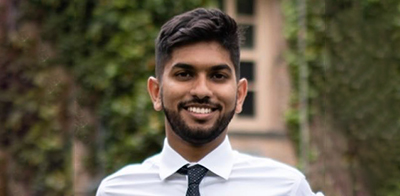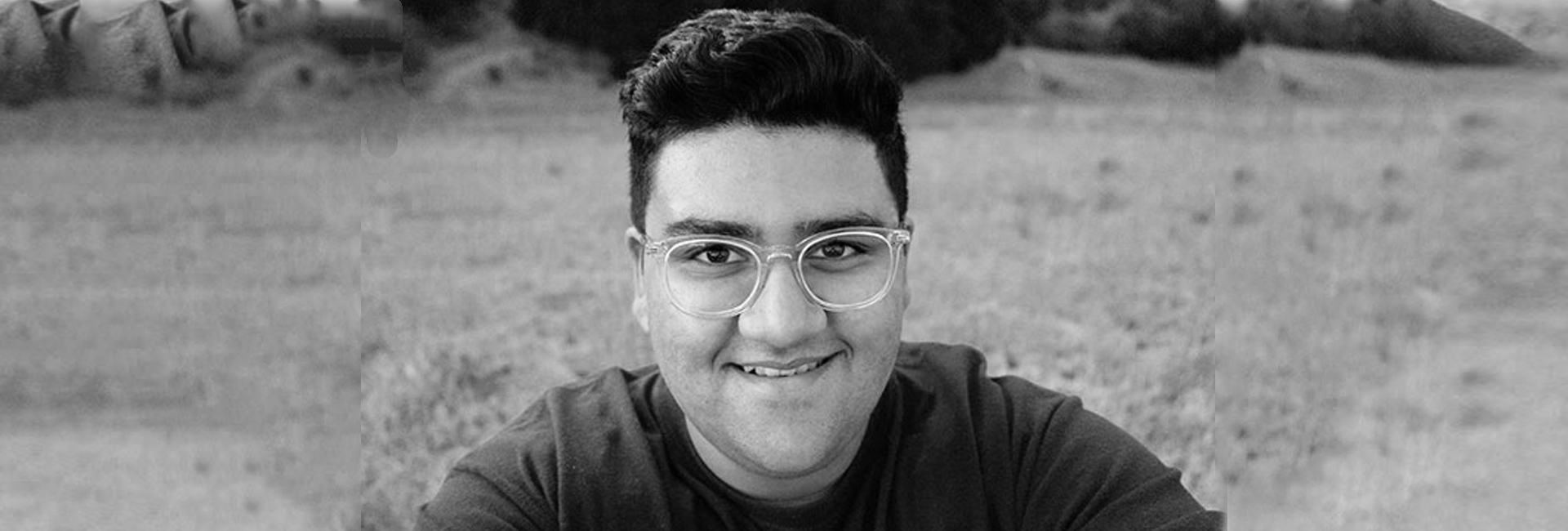(February 23, 2023) On a summer trip to India in 2014, Aryaman Khandelwal and his family were going by road to Chikaldara, a village in Maharashtra. The area is famous for growing corn and the family stopped at roadside stalls to try it. On the way, he saw a little boy, no more than ten years of age, carrying a sack of corn twice his size. “It was an impetus for me, something needed to change,” he said, in an interview. Then a senior at Parkland High School, Aryaman went on to found Get2Greater over the next couple of years, an AI-driven app to improve access to healthcare services.
When he saw the young boy carrying corn, it dawned on Khandelwal that life wasn’t so easy for everyone. “They had to work so hard to make do,” he said. His efforts earned him the Gloria Barron Prize in 2017, which is given to young people with significant social initiatives. “The entire idea was inspired by a human geography course at school,” he said, adding, “The class was about demographics and societies changing over time and developing and developed countries working together to create societal progress across the board. The idea interested me and I wanted to implement it.” So, in 2015, the young Global Indian began work, reaching out to family members who had worked as doctors in rural Maharashtra.

Aryaman Khandelwal
Collaboration with the MAHAN Trust
Aryaman was put in touch with the MAHAN Trust, which provided healthcare to rural parts of the state. The NGO was founded in 1997 by Dr Ashish, who wanted to improve medical care and health services to tribal communities in the Melghat region. They have set up a hospital, child care programmes, eye testing, run nutrition farms and carry out socio-economic research. Through them, Aryaman learned that “maybe 10 to 15 trained guys serve a population of 200,000,” he said.
At the time, the MAHAN Trust was training village health workers to carry out basic processes. They dealt with numerous challenges, aside from the lack of qualified doctors and healthcare workers and had to work around the system. There were many quacks, who would quit studying after a year of med school and return home as ‘healthcare providers’. People were also deeply suspicious of outsiders and western medicine alike and didn’t really want to talk to healthcare workers who arrived from elsewhere.
Locals were, however, comfortable with the trained workers, who were from their own communities, who were otherwise not fully educated. “They were trained to take basic measurements, record them and take the data to a hospital,” Aryaman explained. Doctors would review it and send back treatments or diagnoses. While the method was innovative, and showed results, it was time-consuming and could take anywhere between two weeks to two months.
Building Get2Greater
That’s where Get2Greater came in – it separates the unhealthy from the healthy, so doctors could focus on the more pressing cases. The app can record basic health metrics, compile it in order of priority and send it to doctors nearby. When he started, however, Aryaman “just had a passion and an idea.” Equipped with a basic software prototype, Aryaman sent a tablet to MAHAN in India and established a line of correspondence. “I asked them to critique the app,” he said. “I realised that India is very far away from the US! We could only speak for a few hours late at night or early in the morning. There was also very little electricity and connectivity.”
He began reaching out for collaborations. Aryaman’s proposal won him funding from Lehigh Valley LaunchBox, an entrepreneurial program run by Penn State Lehigh Valley. After numerous trials and bug fixes, Aryaman replaced English with Hindi and created a Wi-Fi component so the devices could connect to the local hospitals. He has also been in talks with the UN to help take the device to other parts of India and the world.
Aryaman, who was named 2018 US Presidential Scholar and a Coca-Colar Scholar in 2018, went on to earn a Bachelor’s of Science in Engineering in Computer Science from Princeton University. He went on to found ‘Stealth’ along with Harvard grad Dean Hathout.
Follow Aryaman Khandelwal on LinkedIn



